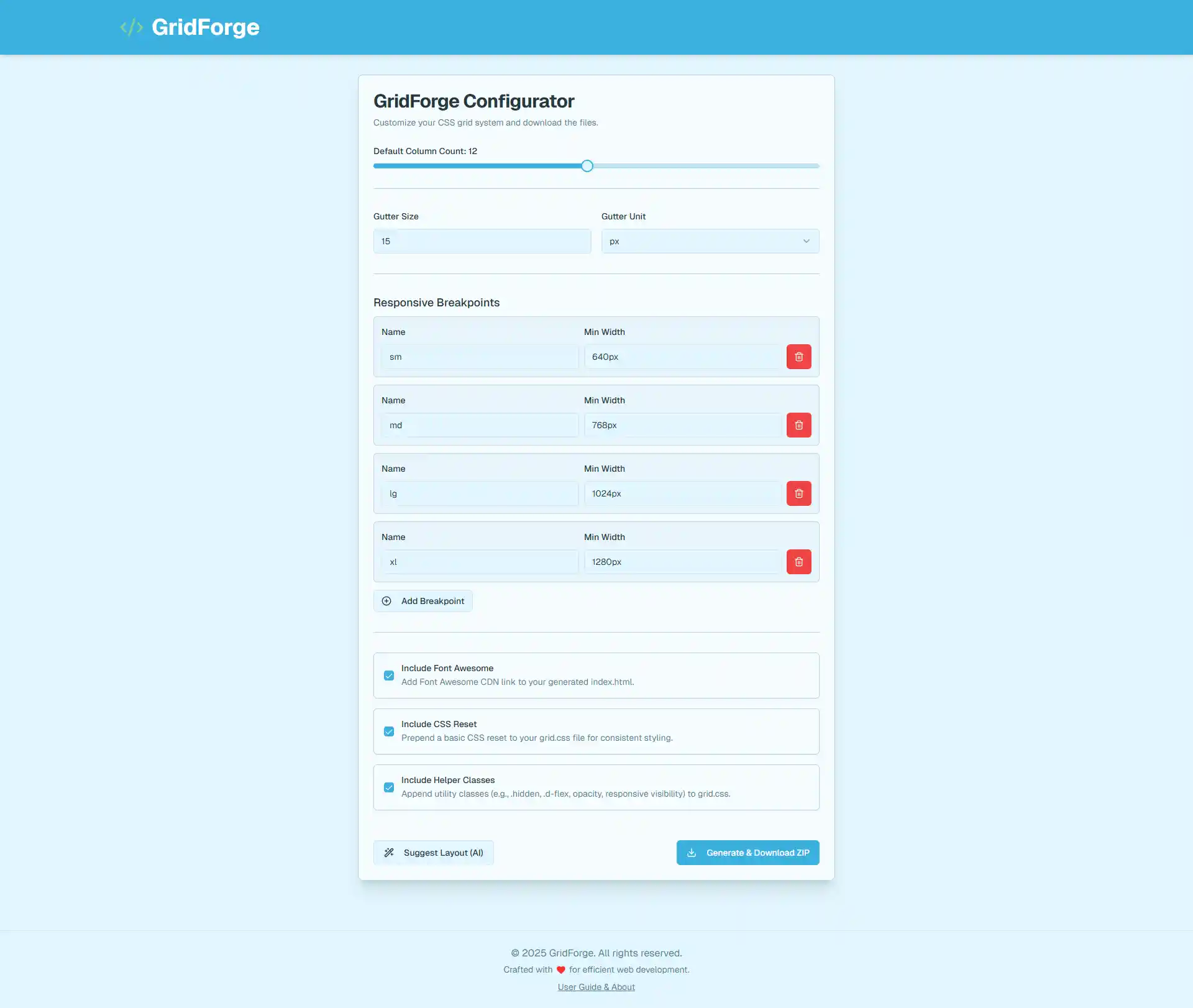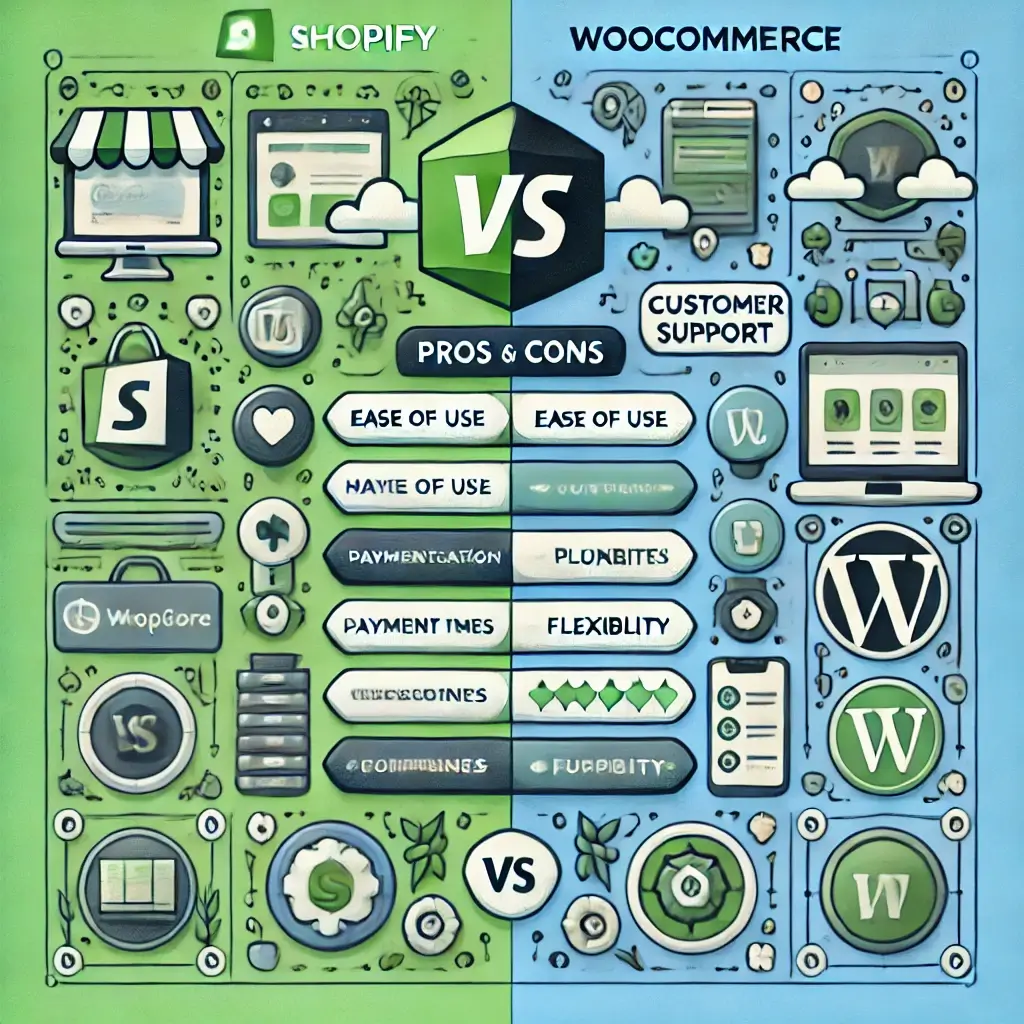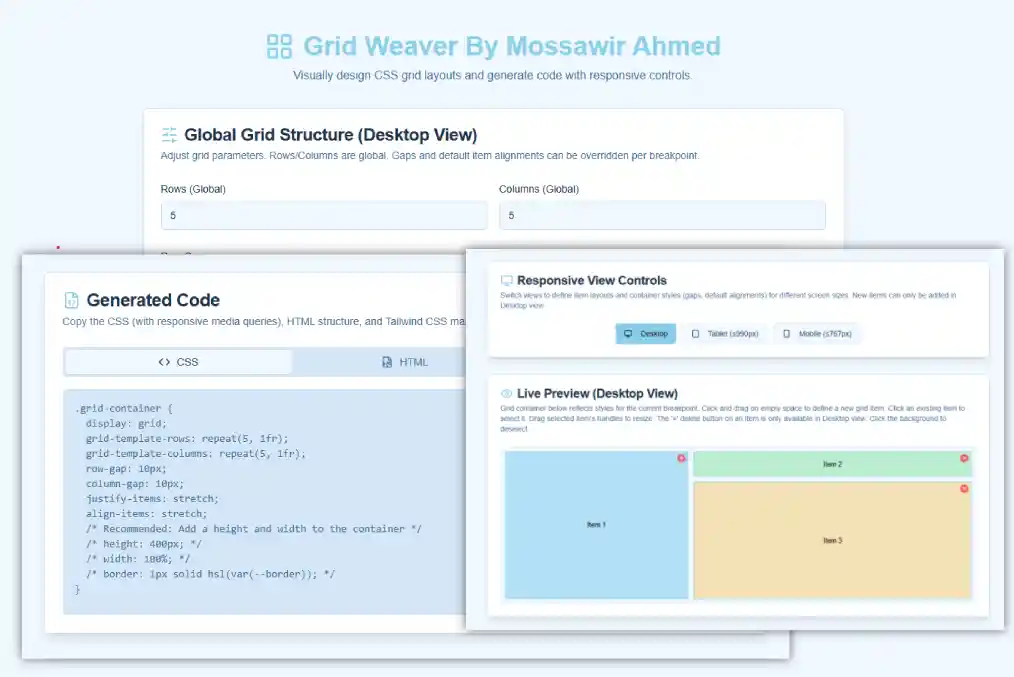
When setting up an eCommerce business, one of the first choices you’ll make is deciding which platform to use. Shopify and WooCommerce are two of the most popular options, each offering unique strengths and tailored to different business needs. In this post, we’ll compare Shopify and WooCommerce, examining key features, costs, ease of use, and customization options to help you decide which platform is best for you.
| Feature | Shopify | WooCommerce |
|---|---|---|
| Ease of Use | Fully hosted, easy setup with no technical knowledge required. Simple to manage, even for beginners. |
Requires WordPress setup; may need technical knowledge for advanced customizations. More flexibility but a steeper learning curve. |
| Customization | Limited by Shopify’s theme editor and app marketplace. Some advanced features require paid apps. |
Highly customizable with thousands of plugins, themes, and developer support. Open-source, allowing for extensive customization without third-party restrictions. |
| Cost | Monthly subscription costs, starting at $39/month, plus additional fees for apps. Transaction fees if not using Shopify Payments. |
Free plugin for WordPress, but may incur hosting, plugin, and theme costs. No platform transaction fees; only payment gateway fees apply. |
| Payment Options | Multiple payment gateways, including Shopify Payments. Additional fees if not using Shopify’s own gateway. |
Flexible payment gateway integrations with no restrictions. No additional fees beyond the gateway costs. |
| SEO & Marketing | Decent SEO capabilities, limited by Shopify’s structure. Built-in features for abandoned cart recovery, email marketing (with additional apps). |
Full control over SEO, allowing advanced optimizations and plugins like Yoast SEO. Extensive plugin options for advanced marketing tools. |
| Scalability | Easily scalable with no server management; handles traffic spikes well. | Can be scaled, but may require hosting upgrades and optimization for high traffic. |
| Performance | High-performance hosting managed by Shopify, ensuring fast load times. | Depends on your web hosting; can be optimized for speed with proper setup. |
| Security | Fully hosted, includes SSL and PCI compliance for secure transactions. | Requires manual SSL setup; security relies on hosting and additional plugins for PCI compliance. |
| Support | 24/7 customer support available. | Support through WordPress community, forums, and third-party providers; may require developer help. |
| Best For | Ideal for beginners, small to medium businesses, or those who want minimal maintenance. | Suitable for businesses that need high customization and have technical resources. |
Shopify is a fully hosted eCommerce solution, meaning it handles everything from hosting and security to software updates. It’s known for its ease of use and extensive support network, making it ideal for beginners or those without technical skills.
WooCommerce, on the other hand, is a WordPress plugin that allows you to turn a WordPress site into an online store. As an open-source platform, WooCommerce offers greater customization and control, but it requires more technical knowledge, especially if you’re aiming to build a large-scale store.
Shopify is an all-in-one platform with an intuitive interface that requires minimal setup. Since Shopify manages hosting, updates, and security, users can focus on their products and customers. Even those with limited technical skills can launch a store in a matter of hours.
WooCommerce is ideal for those comfortable with WordPress. While it’s a powerful tool, setting up a WooCommerce store requires a bit more hands-on work. You’ll need to secure your own hosting, install WordPress, and manage plugins and updates. However, WooCommerce offers incredible flexibility for those willing to invest the time.
Verdict: Shopify wins for ease of use, especially for beginners, while WooCommerce offers more control for those comfortable with WordPress.
Shopify offers a variety of themes in its marketplace, both free and paid, which are designed to be user-friendly and mobile-responsive. Although Shopify themes can be customized, you’re limited to what Shopify allows, and deeper customizations may require paid apps.
WooCommerce excels in customization. As an open-source platform, it has thousands of free and paid themes and plugins, making it possible to add custom functionality and style your site exactly how you want. You can adjust every element of your store if you have the technical knowledge.
Verdict: WooCommerce is the better choice for high levels of customization, while Shopify offers a simpler, more controlled customization experience.
Shopify operates on a subscription basis, starting at $39 per month for the basic plan, with advanced plans going up from there. You may also need to pay for additional apps, premium themes, and Shopify transaction fees if you use third-party payment processors.
WooCommerce itself is free, but you’ll need to consider the cost of hosting, which typically starts around $10 per month. Additionally, premium themes, paid plugins, and any extra security or optimization plugins may increase your costs.
Verdict: WooCommerce can be more affordable if you choose budget hosting and minimal plugins, but Shopify offers predictability with all-inclusive pricing.
Shopify offers multiple payment gateways, including Shopify Payments, which has no additional transaction fees beyond credit card processing fees. However, if you use third-party payment providers, Shopify charges additional transaction fees.
WooCommerce offers extensive payment gateway integrations with no extra fees on top of standard payment processing fees. This flexibility can save money, especially for stores that want to use specific payment processors.
Verdict: WooCommerce provides more flexibility with payment gateways, while Shopify may cost more if not using Shopify Payments.
Shopify offers solid SEO features, though it’s limited by the platform’s structure. You can optimize page titles, meta descriptions, and alt text for images, and Shopify apps enable features like abandoned cart recovery and basic email marketing.
WooCommerce provides full control over SEO since it’s part of WordPress, one of the most SEO-friendly platforms available. WooCommerce works with popular plugins like Yoast SEO, giving users advanced SEO control and powerful integrations with email marketing platforms.
Verdict: WooCommerce is generally better for SEO, but Shopify provides ample tools for basic SEO and marketing.
Shopify handles scaling with ease, automatically adjusting to increased traffic, which is great for businesses expecting high-volume traffic. Its cloud-hosted platform means you won’t have to worry about performance issues.
WooCommerce is scalable but relies on the performance of your hosting provider. For large stores, you may need to upgrade your hosting plan or use a managed WordPress host to handle high traffic, which can add to costs.
Verdict: Shopify is ideal for seamless scaling, while WooCommerce is scalable but may require technical adjustments as your business grows.
Shopify offers 24/7 customer support through chat, phone, and email. Additionally, it has a robust knowledge base and a community forum.
WooCommerce support is decentralized. You’ll have access to the WordPress and WooCommerce communities, but direct support for issues may require contacting your hosting provider or a third-party developer.
Verdict: Shopify provides centralized support, making it more user-friendly, whereas WooCommerce has a community-driven support model.
Choosing between Shopify and WooCommerce depends on your business goals, technical skills, and need for customization.
Both platforms have their strengths and cater to different types of businesses, so choose the one that best aligns with your vision. Whichever you decide, both Shopify and WooCommerce offer robust tools to help you build a successful online store.




At Mossawir.com, we are committed to protecting the privacy of our clients and website visitors. This Privacy Policy outlines how I collect, use, and protect your personal information when you visit our website or engage with our services.
I collect the following types of information to provide better services to our clients:
I use the collected information to:
I do not sell or rent your personal information to third parties. Your information will only be shared when necessary to fulfill your project requirements or comply with legal obligations.
My website uses cookies to enhance your browsing experience. Cookies help us understand how you use our website and allow me to offer personalized content or services. You can control or disable cookies through your browser settings, but please note that some features of our website may not function properly if cookies are disabled.
I implement a variety of security measures to safeguard your personal and project-related information. While I strive to use commercially acceptable means to protect your data, no method of transmission over the internet is 100% secure. Therefore, we cannot guarantee its absolute security but work diligently to prevent unauthorized access.
I may use third-party tools or services to improve our website or deliver our services. These third parties may collect information about your interaction with my website. However, I ensure that any third-party services we use adhere to strict privacy and security standards.
You have the right to:
To exercise these rights, please contact me using the information provided below.
I may update this Privacy Policy from time to time to reflect changes in our practices or legal obligations. The updated policy will be posted on this page, and the effective date will be revised accordingly.
If you have any questions or concerns regarding this Privacy Policy or how we handle your data, please contact us at:
By using my website and services, you agree to the terms of this Privacy Policy.
I take client confidentiality very seriously and am committed to maintaining the privacy and security of all information shared during our project. Below are the key principles I adhere to:
Confidential Information
Any information you provide, including business details, design specifications, proprietary data, or any other sensitive material, will be treated as strictly confidential.
Non-Disclosure
I will not disclose, share, or use any confidential information for any purpose outside the scope of your project. Information shared will be used solely for the purpose of delivering the services you've hired me for.
Data Security
All files, assets, and credentials will be stored securely, ensuring that no unauthorized third parties can access your information. Upon project completion, sensitive data will be properly stored or destroyed, as per our agreement.
Third-Party Involvement
If third-party collaboration is required, I will ensure that any partners or subcontractors adhere to the same confidentiality standards.
Ownership of Work
All project-related files, code, and design materials developed during the project remain your intellectual property, and no elements will be reused or shared without your consent.
Post-Project Confidentiality
Even after the project is completed, all confidential information shared will continue to be protected.